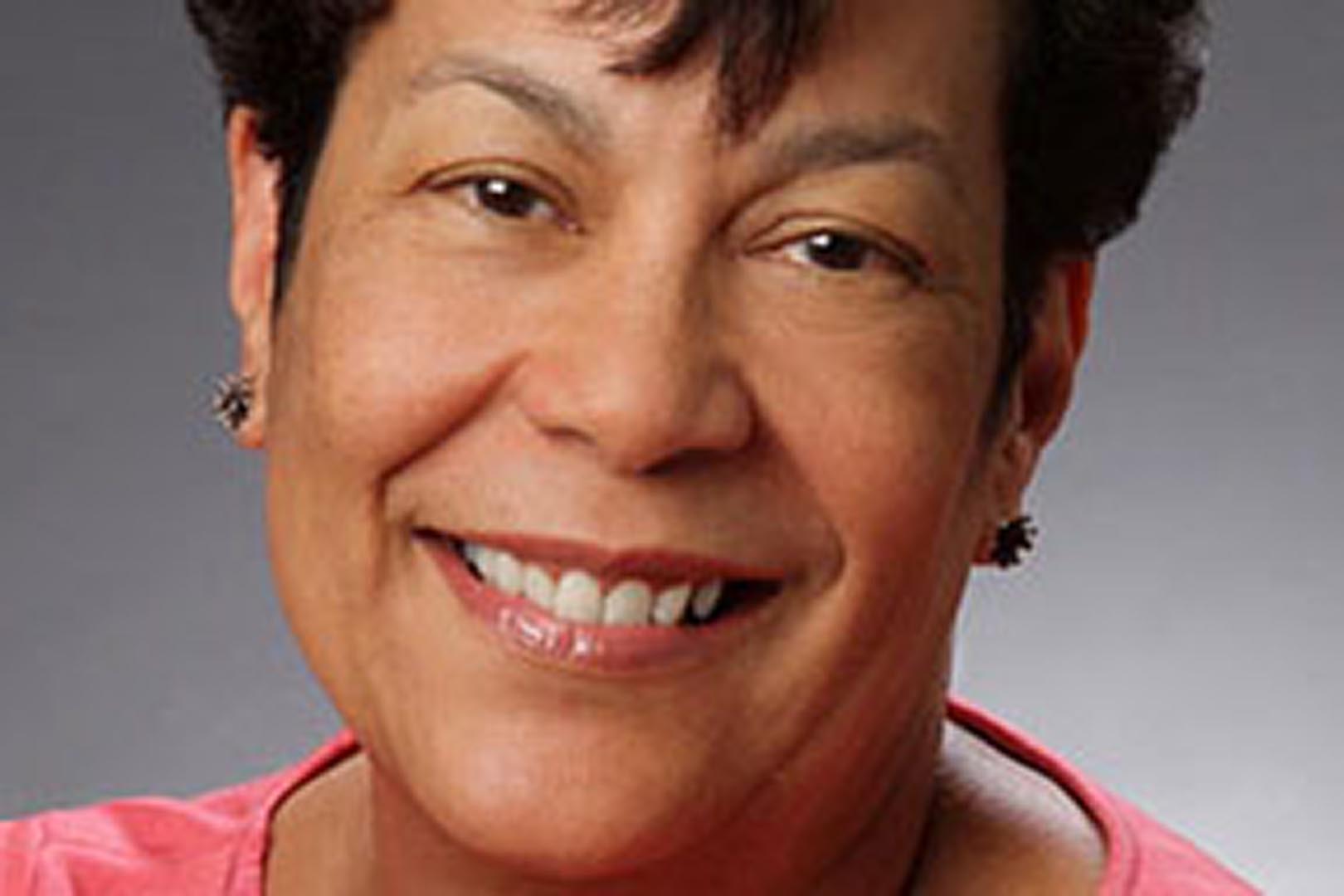Online Archive To Share Stories Of 19Th Century Free Blacks
February 23, 2012

Archive by English professor Peterson to fill in some gaps in African-American History.By Karen Shih
By Karen Shih
All Carla Peterson had was a name and a tale that turned out to be not quite true.
Her great-grandfather didn't have a French name or emigrate from Haiti or live in Paris, as Peterson's family had told her. He was, she discovered, a pharmacist in New York City, and from there, she found a whole new generation of her family. Her journey into her past culminated in the 2011 publication of her critically reviewed book, Black Gotham—and soon, an innovative online archive.
"I've always been curious about my family background," says Peterson, an English professor who has written extensively about African Americans in the pre-Civil War period. "This gave me a chance to put personal and professional together."
Black Gotham recounts the story of her great-grandfather, Philip Augustus White, and his father-in-law (her great-great-grandfather) Peter Guignon: two free, black men in the North, trying to raise their families and succeed in their professions. Through their lives, she paints a picture of 19th century New York City black elites.
"Blacks were all over, living in many different wards and neighborhoods," she says. "They did not live in a segregated community."
To fully show those networks, and the hundreds of images and documents she collected during her research, she decided to create an interactive website, called the Black Gotham Digital Archive.
A self-described technophobe, she needed help bringing her idea to the screen. She applied for and received a one-year fellowship with Maryland Institute for Technology in the Humanities (MITH) for the 2011-12 school year. Working with the institute's staff, she's launched a preliminary site with a blog and basic information.
"You can get to a larger and very different audience with the site," says MITH staff member Seth Denbo, noting that the book has a more academic feel. "It's more flexible than a book and allows you to tell the narrative in a different way."
The archive will be launched in May. Primarily map-based, with important locations highlighted, it will allow viewers to click for more documents, photos and other information.
Eventually, she wants people to be able to add their stories to the site, through pictures, letters or other information, and create a crowd-sourced site about black families in New York City.
"So many black people say that they can't find their families, nothing beyond the grandparents," she says. "But just because you don't know doesn't mean you can't find it."
To follow her blog and progress, visit www.blackgothamarchive.org.

